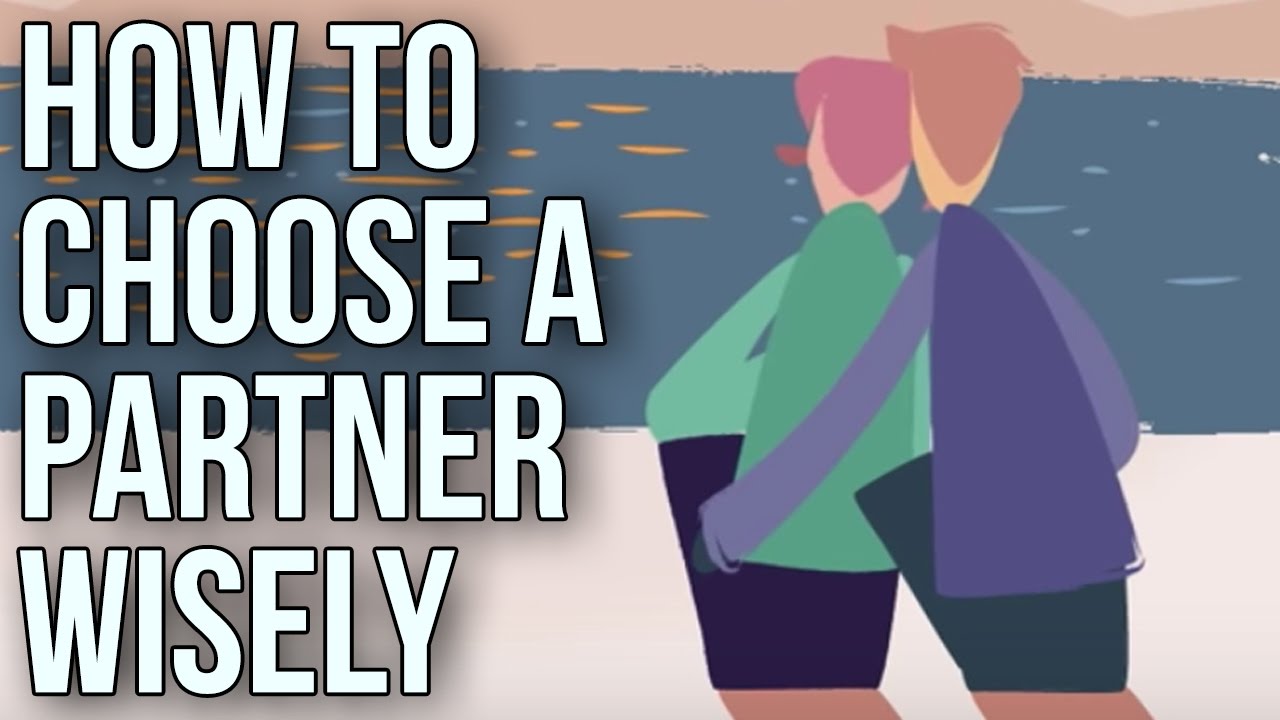How To Choose A Partner Wisely
Unleash Your Creative Genius with MuseMind: Your AI-Powered Content Creation Copilot. Try now! 🚀
In the modern world, the ideology of 'Romanticism' has taught us to trust our feelings when it comes to choosing the people we fall in love with. Love, as it is defined, is a mutual ecstasy at finding a beautiful person, both inside and out, with the capacity to make us happy. This romantic attitude sounds warm and kind, and it was imagined to bring an end to the unhappy relationships that resulted from the old ways of finding a partner, such as arranged marriages. However, trusting our instincts has often proved to be a disaster of its own. The special feelings we get around certain people, whether in nightclubs, train stations, parties, or on websites, have not necessarily led us to be any happier in our unions. In fact, instinct has been little better than calculation in underwriting the quality of our love stories.
The Influence of Childhood Love on Adult Relationships
Another school of thought, influenced by psychotherapy, challenges the notion that trusting instinct invariably draws us to those who will make us happy. This theory points out that we don't fall in love first and foremost with those who care for us in ideal ways; rather, we fall in love with those who care for us in familiar ways. Adult love tends to be modeled on a template of love created in childhood, and it is likely to be entwined with a range of problematic attractions that can hinder our chances of growth and happiness as adults.
The love many of us would have tasted early on was often confused with other, perhaps more destructive, dynamics. Feelings of wanting to help an adult who is out of control, being deprived of a parent's warmth, or feeling scared of his/her anger could all contribute to our perceptions of love. As adults, we may find ourselves rejecting certain candidates not because they're wrong for us, but because they're a little too right. In our hearts, such rightness can feel foreign and unearned.
Teasing Out Compulsions to Suffering in Attraction
To choose our partners wisely, we need to tease out how certain compulsions to suffering may be playing themselves out in our feelings of attraction. One starting place is to ask ourselves what sort of people in the abstract put us off and what kinds excite us. Tracing back these qualities to the people who first loved us in childhood and examining our emotional histories can help us gain a clearer picture of what we're looking for in another person. We may realize that our vision of what we're looking for might not be a good guide to our personal happiness.
By examining our emotional histories, we learn that we can't just be attracted to anyone. We're limited in the types we have because of certain things that happened to us in our past. Understanding this can make us more careful of ourselves when we feel overwhelmed by a certainty that we've met "the one" after just a few minutes of chatting at the bar. Ultimately, we stand to be liberated to love different people from our initial types when we find that the qualities we like and the ones we fear can be found in different constellations from those we encountered in the people who first taught us about affection in our childhood.
Conclusion
In conclusion, the romantic ideology of love has led us to trust our instincts, but it may not always lead us to the right partners. Understanding the influence of childhood love on adult relationships and teasing out compulsions to suffering in attraction can help us choose our partners more wisely. By examining our emotional histories and understanding our limitations, we can liberate ourselves to love different people and ultimately strive for personal happiness in our relationships.

Related Recaps
- Must Watch Top New Special Comedy Video 😎 Amazing Funny Video 2023 Episode 205 By Busy Fun Ltd
- GE Bazzi Steals The Ace From Skrossi || Global Esports vs Talon Esports
- BruceDropEmOff & DDG Talk About The Beef
- OGGETTO MISTERIOSO NEI CIELI DI LA THUILE?! #shorts
- Kodak Black - Super Gremlin [Official Music Video]